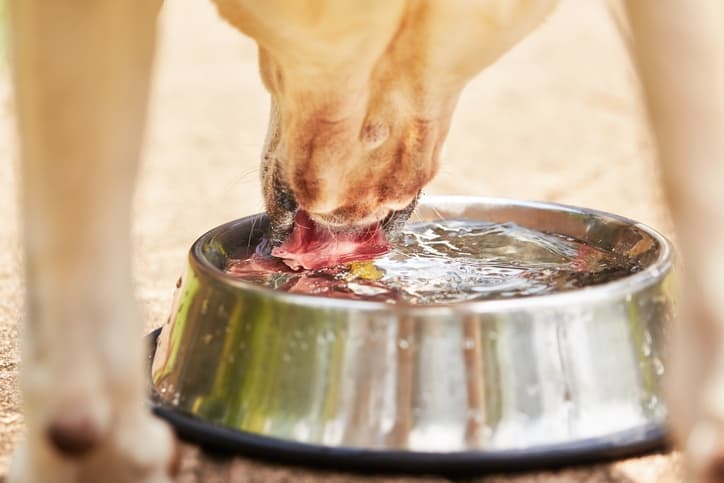“This post contains affiliate links, and I will be compensated if you make a purchase after clicking on my links.”

The water crisis in Flint, Michigan is affecting more than the city’s human residents. Flint’s pets are showing signs of lead contamination, too.
The crisis began in 2014 when a state-appointed emergency manager switched city residents from Detroit water to Flint River water to save money. The corrosive water eventually caused lead to leach from old pipes, contaminating the water and delivering lead right into resident’s homes.
Flint returned to the Detroit water system last October after elevated lead levels were discovered in children. Now, elevated lead levels are being discovered in area pets, too.
A team from Michigan State’s college of veterinary medicine has been screening dogs for elevated lead levels. Of 300 dogs screened, 4 showed serious lead intoxication with a number more showing high lead levels. Three additional dogs tested positive for lead intoxication through tests performed by other organizations.
The symptoms of high lead and lead intoxication in dogs is similar to that of humans – bone abnormalities, gastrointestinal issues, and neurological signs such as behavior changes and seizures.
Like the people of Flint, dogs, cats, and other pets should be given bottled or filtered water, not water from the tap.












